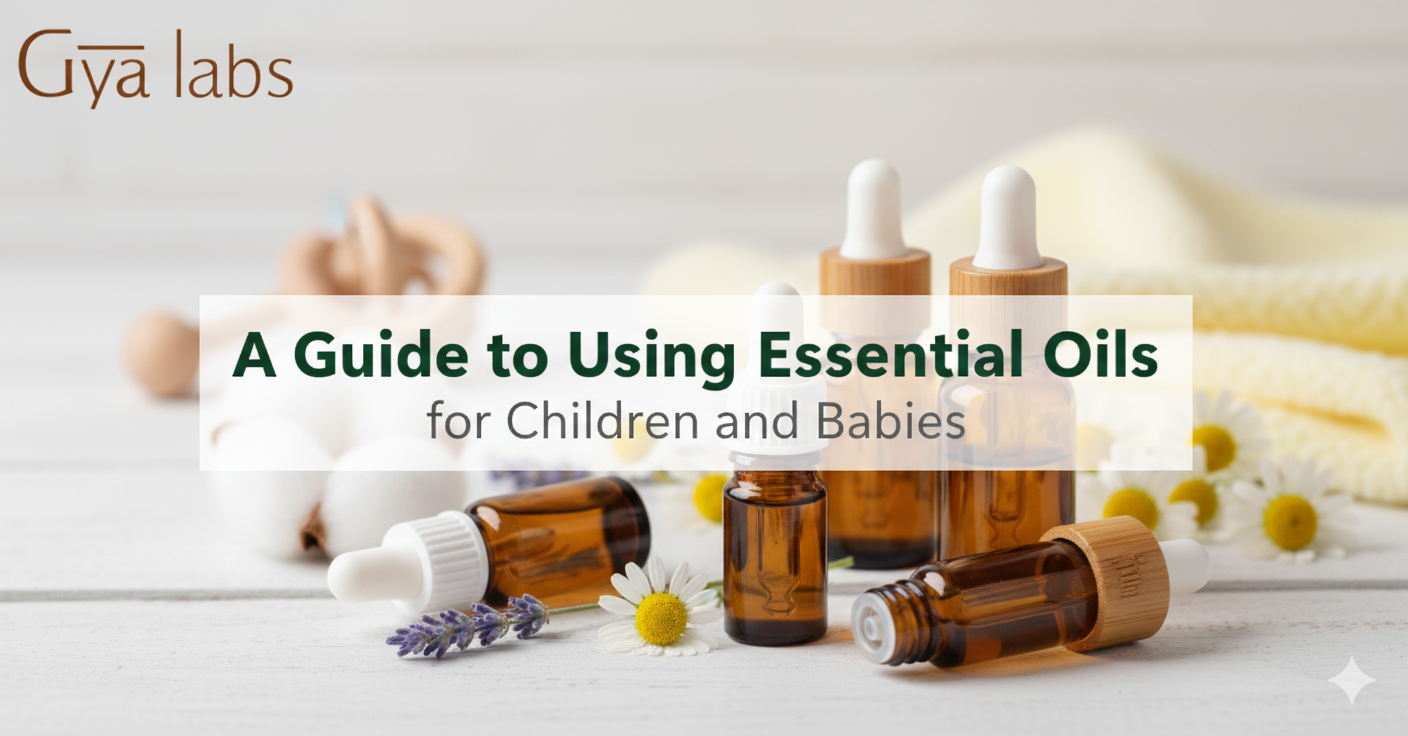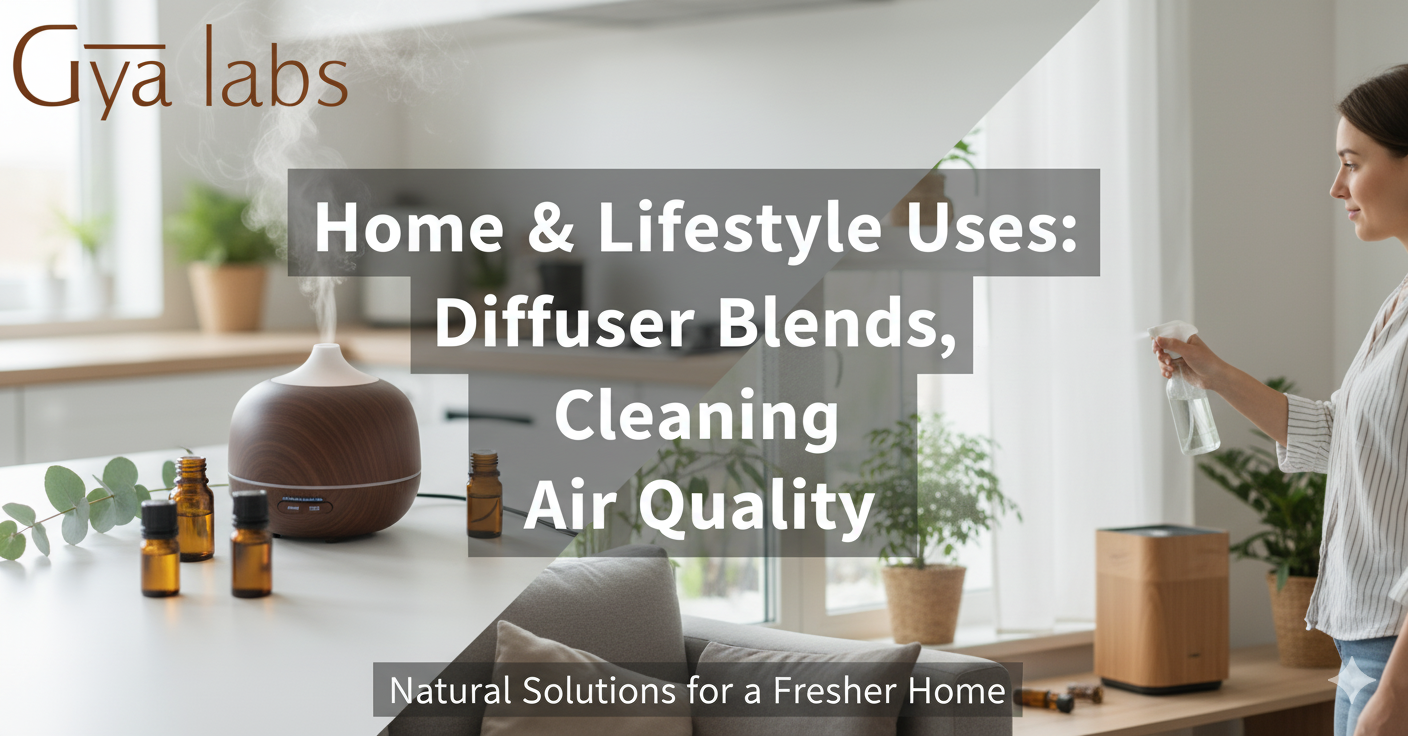A Drop of Oil, A World of Responsibility
Every drop of important oil incorporates a tale. The lavender that scents your night ritual once swayed within the crimson fields of Provence. The peppermint that brings a cooling aroma changed into once a dew-kissed leaf picked at dawn. Behind these oils lies not simply nature’s knowledge however also the farmers, lands, and traditions that make them possible.
In 2025, the query will be transferred. It’s no longer best, “Which oil smells the greatest?” However, additionally, “Where did this oil come from, and the way it was made?”
Ethical sourcing, sustainability, and pure essential oils with transparency are now not “nice-to-have” values—they’re expectancies. Consumers are asking tougher questions, manufacturers are being challenged to step up, and the whole enterprise is evolving in the direction of duty.
Why Ethical Sourcing Matters
Ethically sourced essential oils require immense amounts of plant material. For example:f
- 30 roses are needed for just one drop of rose essential oil.
- Nearly 250 pounds of lavender yield simplest a pound of lavender oil.
- A one single pound of peppermint oil? Do you know how much it takes? 150 kgs of peppermint leaves.
Without obligation, this demand can fast tip into exploitation—overharvesting, unfair wages, or even ecological imbalance. Ethical sourcing acts as a safeguard towards these dangers.
Ethical critical oils make sure that:
- Farmers receive truthful pay and safe operating situations.
- Traditional farming knowledge is preserved and respected.
- Eco-systems are covered, fending off soil exhaustion and biodiversity loss.
- Harvesting honors cultural heritage as much as global demand.
When you select responsibly sourced oils, you’re now not simply shopping for a perfume—you’re making an investment in fairness, way of life, and the future of the planet.
Sustainable Essential Oils India
The global has fallen in love with fair trade essential oils, but this love ought to be sustainable. Popular botanicals like sandalwood, rosewood, and frankincense face overharvesting pressures, at the same time as others require huge amounts of land and water, impacting biodiversity.
A truly sustainable essential oils India industry involves:
1. Responsible Cultivation
Sustainable farming of essential oils methods guard soil health and decrease chemical inputs.
2. Conservation of Endangered Species
Rosewood and Indian sandalwood need to most effectively come from controlled plantations with strict conservation packages, making sure that wild populations regenerate.
3. Eco-Friendly Distillation
Distillation consumes water and strength. Emerging improvements—like solar-powered distilleries and closed-loop water systems—lessen waste and decrease carbon impact. These essential oils with ethical practices are a part of a broader shift closer to eco-friendly essential oil production ensuring sustainability is embedded at each degree.
4. Low-Waste Packaging
Reusable glass bottles, recyclable caps, and replenish packages at the moment are baseline expectancies for eco-conscious clients.
5. Traceable Essential Oil Sourcing & Transparency
Modern buyers want proof. QR codes, batch reports, and transparent sourcing of essential oils notes are becoming the gold standard.
Sustainability is not only about “saving plants.” It’s approximately developing a balanced cycle where human beings, nature, and health thrive together.
Transparency: From Farm to Bottle
Transparency builds the bridge between purchaser belief and moral practice. It answers the questions conscious buyers want to know:
- Where was this oil grown?
- Who benefits from my purchase?
- Is this oil pure—or has it been diluted with fillers?
Unfortunately, as highlighted in All The Misinformation On Essential Oils You May Have Believed, the industry has long been clouded by vague marketing, mislabeling, and even greenwashing.
That’s why forward-thinking brands now offer:
- GC/MS test results to verify purity.
- Third-party certifications (where applicable).
- Supply chain visibility through digital traceability.
- Transparency gives the consumer confidence to align purchases with personal values.
The Human Side of Essential Oils
- Behind each bottle lies a tale of human attempt.
- In Madagascar, households cultivating ylang-ylang depend on consistent calls for healthcare and schooling.
- In India, peppermint farmers balance organic vs conventional essential oils.
- In France, lavender cultivation isn't always just agriculture—it’s cultural history.
- When brands decide to truthful sourcing, they help build:
- Fair trade wages for farmers.
- Training in sustainable methods.
- The necessary infrastructure for farming communities: schools, clean water, and healthcare facilities.
So, whilst you reach for ethically sourced rose important oil, you’re not only appreciating its sensitive aroma—you’re additionally honoring the people and traditions that make it viable.
Organic Farming: A Path to Purity
Organic certification ensures that flowers are grown with zero artificial insecticides, fertilizers, or GMOs. The impact? It's running deeper than just purity—it protects loam, water, and the symbiosis ; pollinators-ecosystems.
Two powerful examples:
Organic Peppermint Essential Oil – Get a vibrant soil health with this refreshing preference and also get rid of dangerous chemicals.
Organic Lavender Essential Oil – Cultivated using methods that maintain conservation.
Each drop of natural oils is so important that when you choose it should honor both your wellness and the natural world.
Challenges in the Industry
Despite progress, challenges remain:
- Price Pressure: Cheap oils regularly come at the expense of farmer wages or fine.
- Overharvesting & Deforestation: Certain trees and resins, like frankincense, remain beneath stress.
- Adulteration: Cutting oils with synthetics or cheaper vendors undermines agreement with.
- Greenwashing: Words like “green” without proof are deceptive.
- Market Blindspots: Many shoppers nonetheless don’t recognize the impact of their choices.
- Education, advocacy, and transparency are the gear that may bridge these gaps.
How You Can Choose Ethically Sourced Essential Oils
As a consumer, every purchase is a vote. Here’s how you can make that vote count:
- Look for natural, truthful exchange, or cruelty-free essential oils labels (in which licensed).
- Buy from brands that percentage batch test reports and sourcing information.
- Support co-ops and fair trade farming communities.
- Avoid endangered botanicals unless sustainably certified.
- Reuse bottles and recycle packaging on every occasion possible.
- Buy thoughtfully—recognize the fee of each drop.
- Mindful choices create positive impact. They aid ecosystems, empower farmers, and reshape the complete industry.
Future of Sustainable Ethically Sourced Essential Oils
The avenue ahead for the industry is promising. Innovations shaping the following decade consist of:
- Blockchain Traceability → Track each step from farm to bottle.
- Regenerative Agriculture → Restoring soil and ecosystems past sustainability.
- AI-Personalized Blends → Custom oil tips primarily based on lifestyle.
- Community Empowerment Models → Farmers as same stakeholders in health manufacturers.
- Eco-Innovation in Packaging → Compostable or refillable bottles as the brand new widespread.
This evolution signals an enterprise wherein crucial oils aren't handiest beautiful aromas but additionally symbols of equity and responsibility.
Final Reflection
Ethically sourced essential oils are gifts of the earth—but how we supply and use them reflects our values.
Transparent sourcing of essential oils ensures equity for farmers.
Sustainable farming of essential oils protects nature for future generations.
Transparency builds trust among logos and purchasers.
Together, those pillars rework crucial oils from commodities into aware alternatives.
Next time you diffuse peppermint or upload lavender on your evening ritual, pause. Remember that every drop carries now not simply nature’s fragrance however also the testimonies of farmers, ecosystems, and shared obligation.
A single drop may feel small. But a droplet that has been done in responsible sourcing? That’s absolute.















